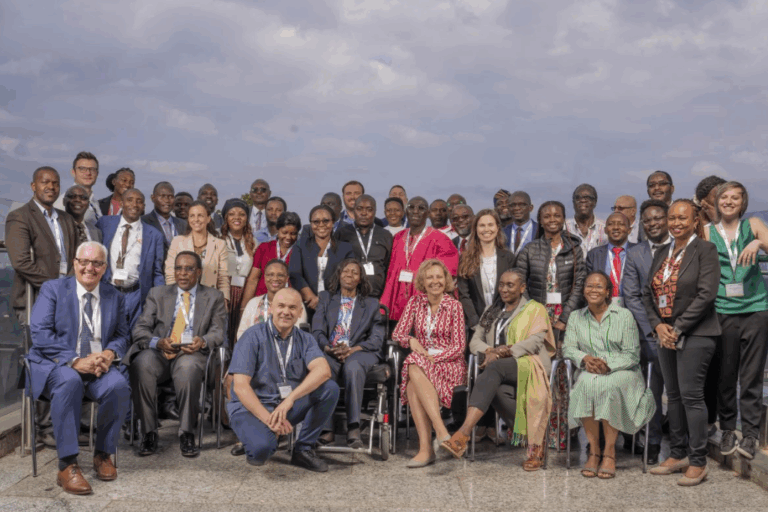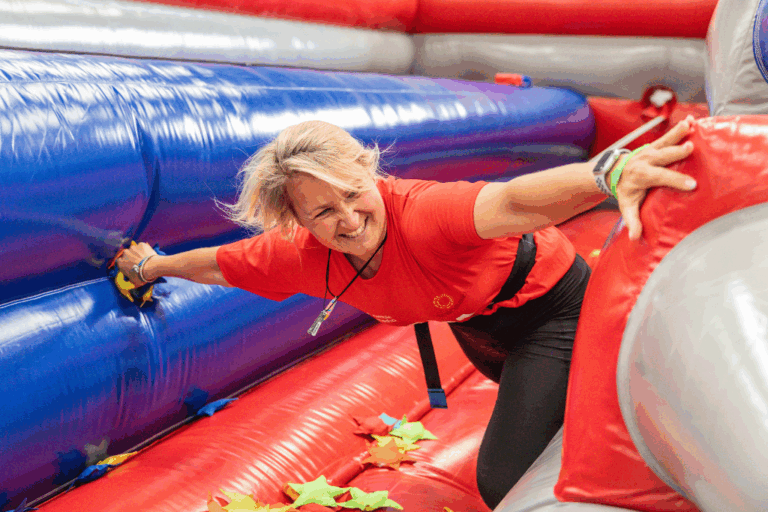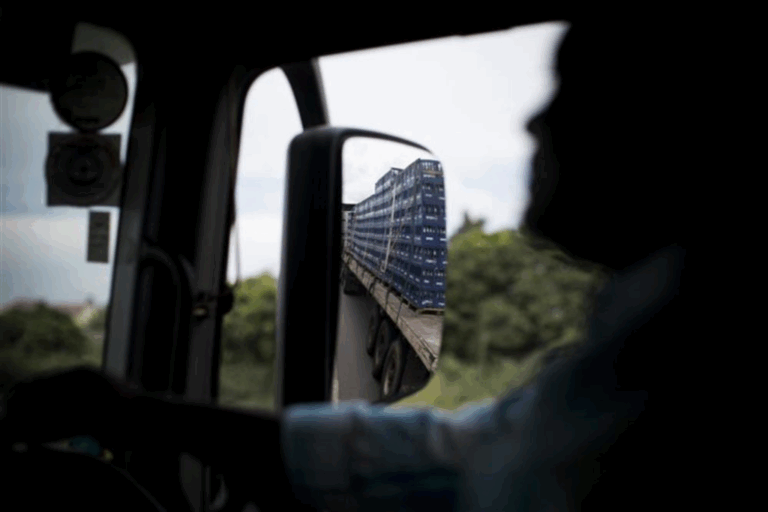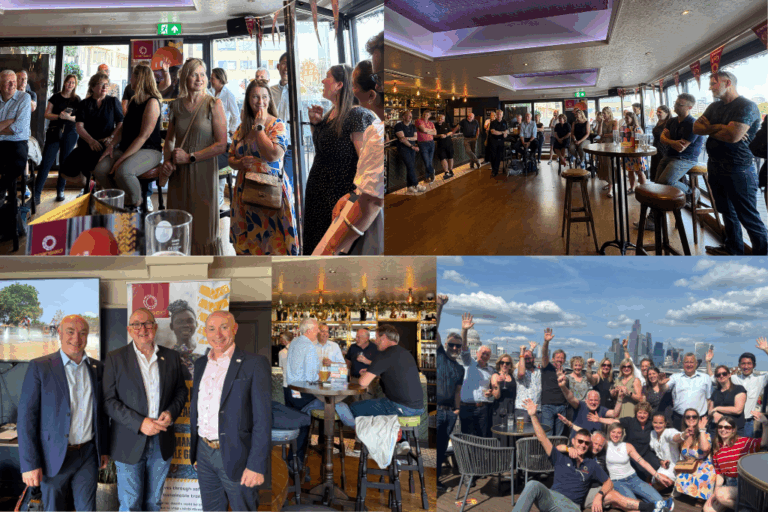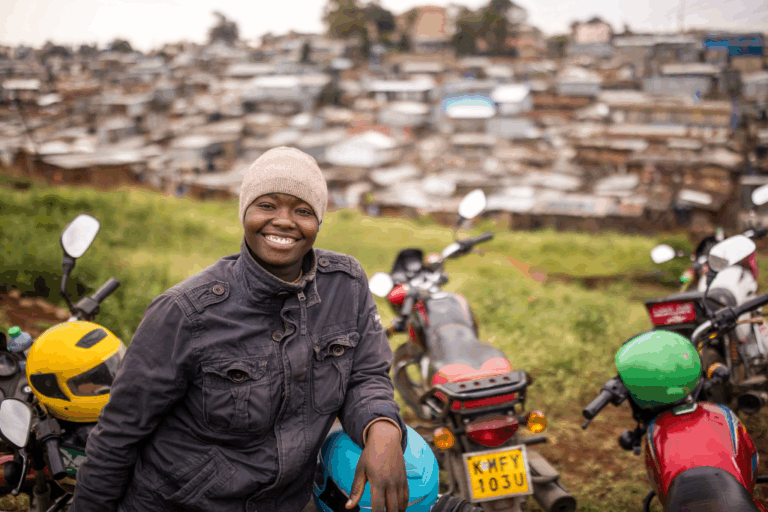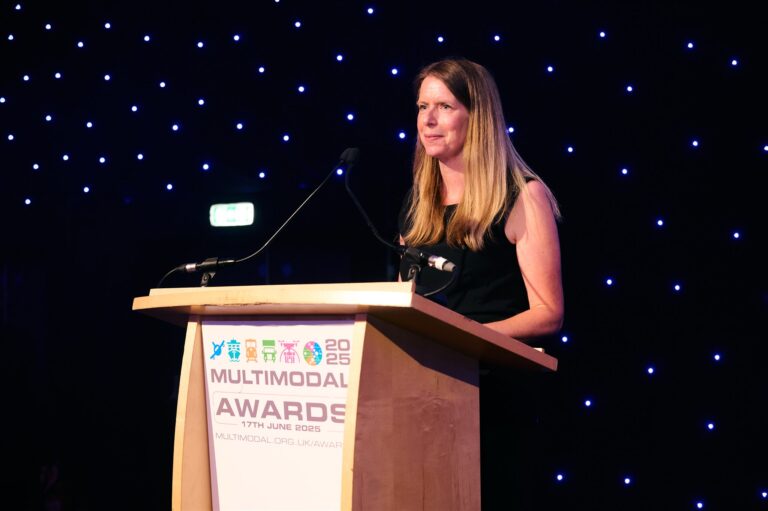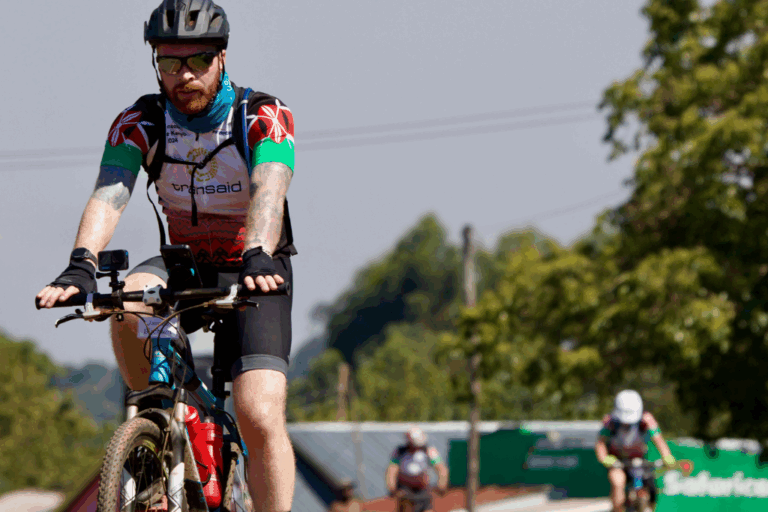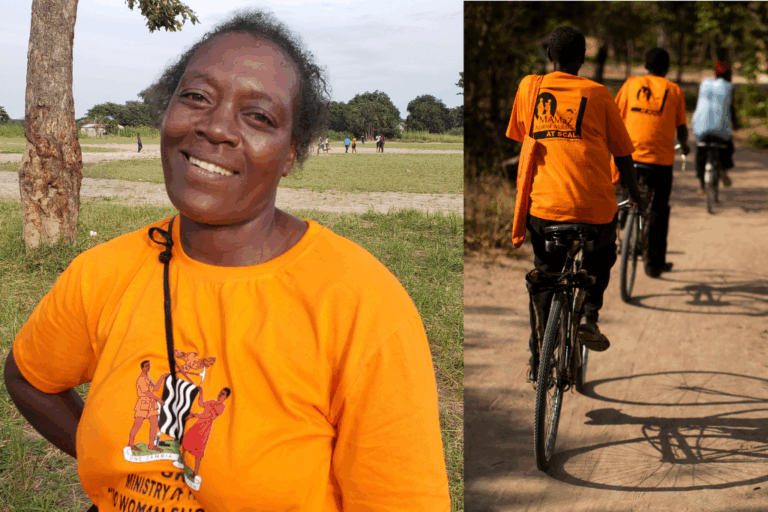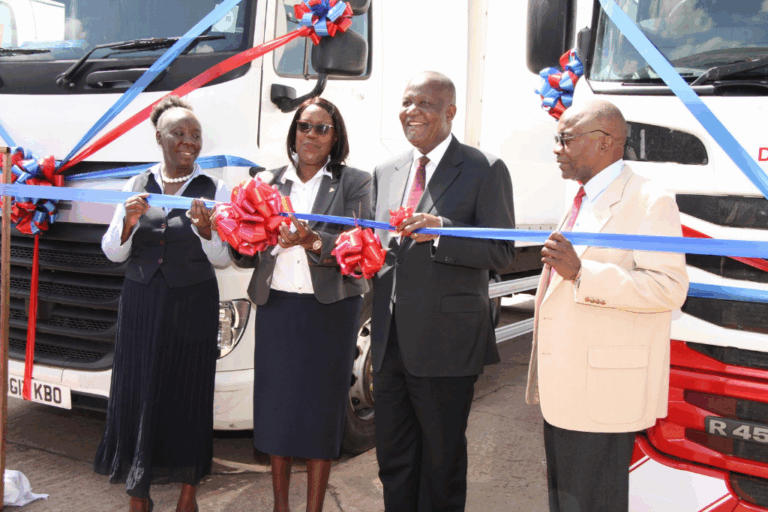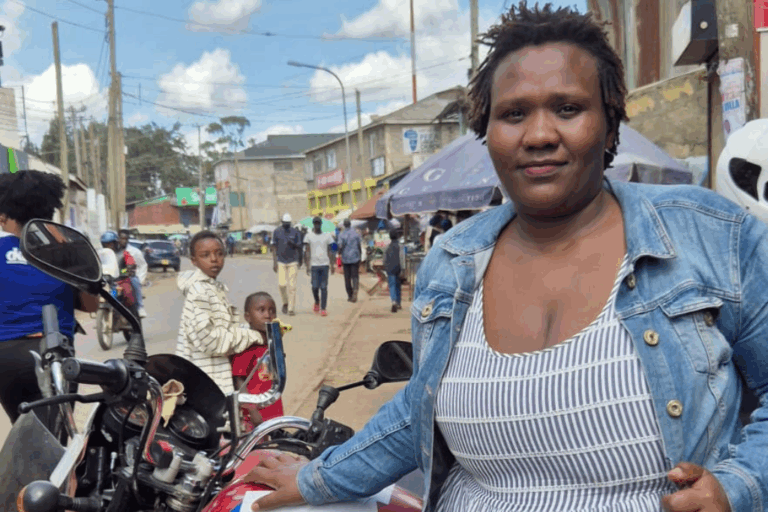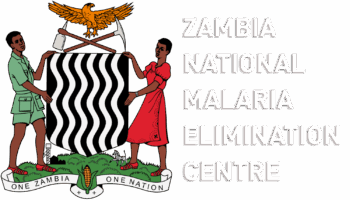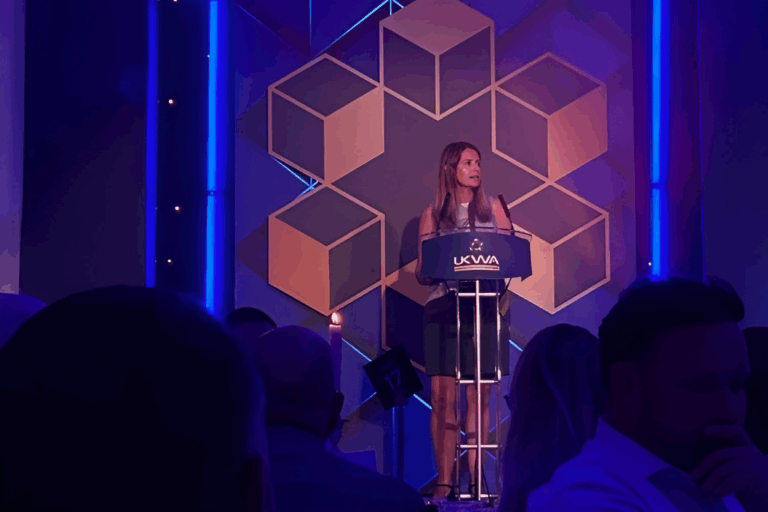
News
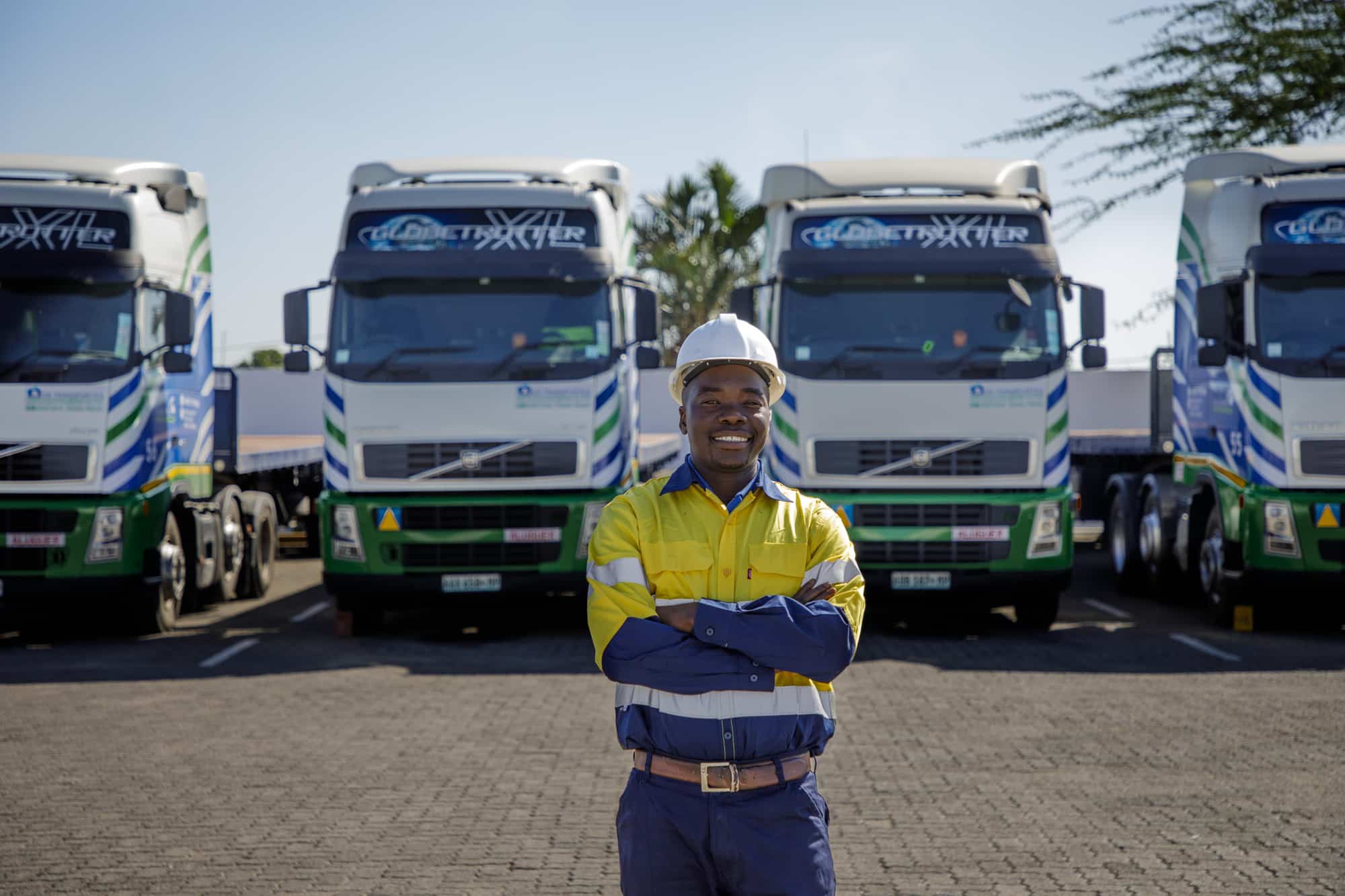
Nichelle Saba: Professional Driver Training Uganda project Phase Two
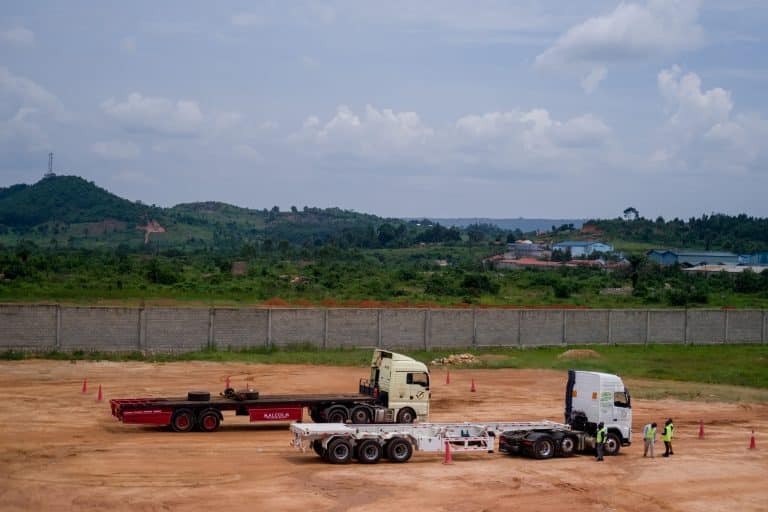
The Professional Driver Training Uganda project Phase Two (PDTU-2), which is part of the GIZ E4D programme, aims to upskill drivers to take advantage of employment opportunities, while equipping them with the knowledge to be safer on Uganda’s roads.
We spoke with a female trainee about her experience undergoing training, but due to the sensitivity of some of her feedback about some of her learning experiences prior to training at the Safe Way Right Way Driver Training Centre, her name has been changed for the purpose of this case study.
Before joining the training, Nichelle worked at a petrol station and witnessing trucks refuelling every day made her determined to one day be behind the wheel and driving these vehicles.
“I was so interested in driving the HGVs. I wanted to improve my standard of living and earn more income. I have a passion for driving and when I see those drivers who have the CE licence, I wish that was me and really hope that I can make this happen.
“When I came to undertake the training at Safe Way Right Way, I was only qualified to drive automatic cars and was told that I needed a licence for a manual car, and so I went back to the driving school to obtain this and practice.
“Most of the training and technique at the (previous) driving school was not delivered properly to the student, the activities were mainly done by the instructor and we were given little time to practice. I felt as though they were just after my money. The training at Safe Way Right Way was so different. We had so much time in the vehicle with the instructor to practice.”
During her training at Safe Way Right Way Nichelle started with smaller trucks, once this was mastered she could then move on to the longer truck and trailer combinations.
“The training at Safe Way Right Way was so good. I passed the theory classes. In the practical training there was a lot of reversing which I did well. The harder parts were the trailers. We had to practice roundabouts, parking and junctions – I do this well, but reversing the trailer is very hard.”
In the past, wanting to gain more experience in driving vehicles that require the full CE licence, she approached the owner of a business for help. He agreed and when she approached one of his drivers, the driver asked for money and for them to stay in accommodation together on the trip.
This is a common example of one of the many challenges that professional female drivers face when trying to gain experience in the industry.
“When I was looking for more experience, a lot of men are interested in other things. If you say no, the following day or trip, he may refuse to continue your work.”
People are often shocked that she wants to drive an HGV, and would question her motives, but when talking to her, it doesn’t take long to realise her desire to succeed in this profession.
“I do not mind negativity from others, it makes me more determined.”
Nichelle encountered many challenges in her search for a job, one being that most of the roles ask that you drive during the night.
“I cannot do this because I have a family, and small children to look after.
“I am determined to not let these challenges prevent me from getting a job. When I finish the class CE training, I will find a job and earn good money because I have this passion. I can then buy a piece of land and construct a good house, support my husband and pay school fees for my two daughters.”
Truck driving in Uganda and more widely has for a long time been a male dominated profession. Women face many cultural barriers when trying to become a professional driver. Through the PDTU-2 project, Safe Way Right Way and Transaid are working to change this narrative, and support more women into the industry.
“My family are ok with me doing this training, they encourage me.
“I would tell other women to go for it, it is such a good thing. When you do the training, you learn the theory and you gain practical experience through actual driving – it will increase your standard of living and that is what we are aiming for.
“I think most women do not look at a career in professional driving or going through with the training because people feel that this kind of job is for men. In our culture, ladies are not supposed to drive, they are not supposed to ride bicycles, or maybe their families will not support it.”
Recent Posts

